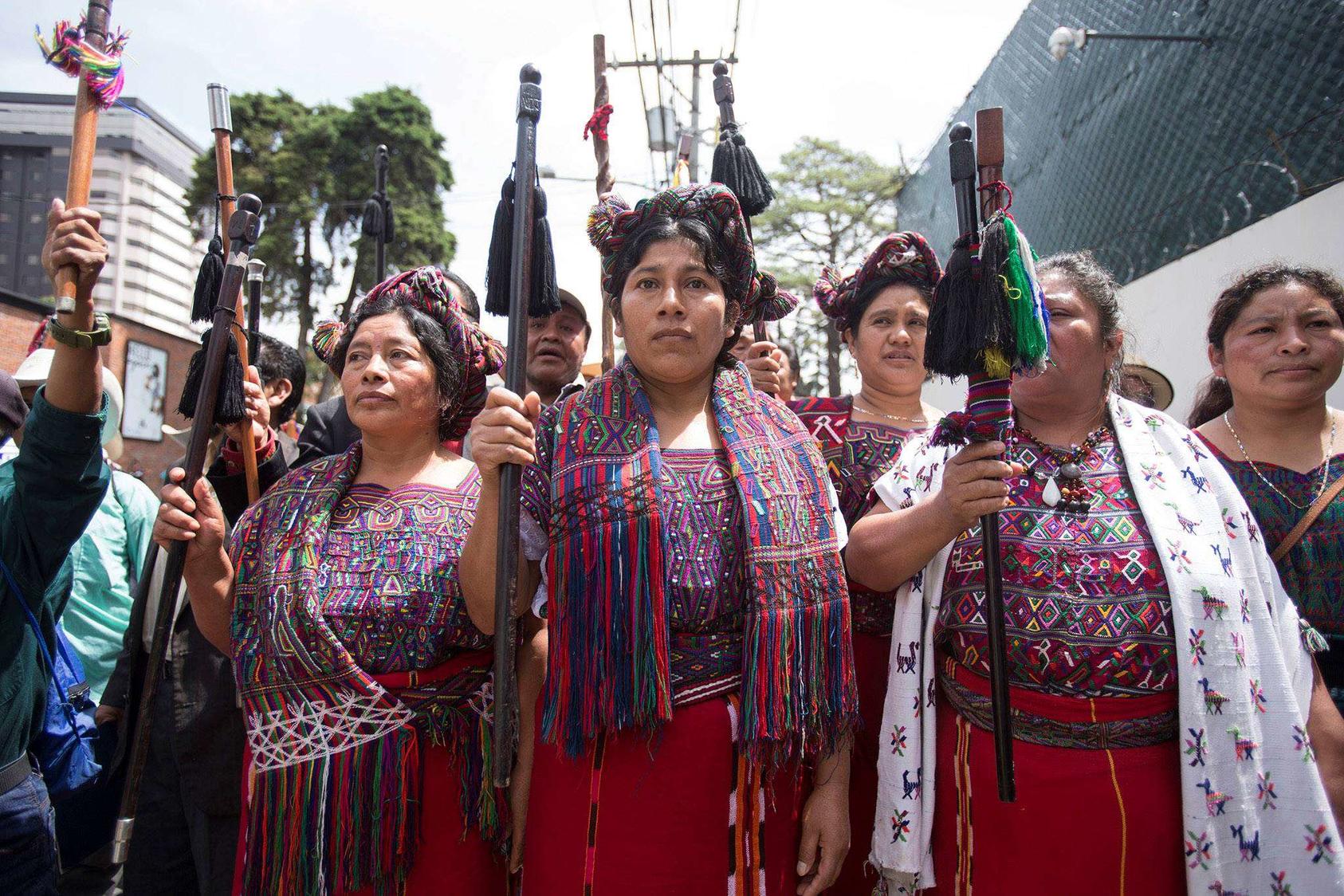Curbing Corruption after Conflict: Anticorruption Mobilization in Guatemala
This report analyzes the fight against corruption in Guatemala by social movements over the past five years, homing in on their major successes and challenges in working to advance transparency, accountability, and good governance. The lessons drawn from these efforts can be applicable for other movements around the world operating in similar contexts. The work also has a larger bearing for international actors helping states build peace and democratic governance following prolonged violent conflict.
This report is also available in Spanish.

Summary
- Guatemala has a long history of violent conflict, and corruption has been a key driver of that violence, with organized crime and clandestine security groups being closely tied to politicians and government institutions.
- The movement to advance transparency, accountability, and democratic governance in Guatemala peaked in 2015, when the country’s president and vice president were forced to step down, but many civil society groups continue to promote an anticorruption agenda.
- Since then, the movement has been met with backlash from politicians and members of Guatemala’s economic elite, and efforts to root out corruption have been hindered by increasing ideological polarization within both the movement and Guatemalan society as a whole.
- In 2019, President Jimmy Morales expelled the International Commission Against Impunity in Guatemala. It is unclear whether the new administration of President Alejandro Giammattei will obstruct or support anticorruption efforts.
- Despite these challenges, external actors, including international donors, can help bolster the work of those combatting corruption.
About the Report
This report analyzes civic mobilization to combat corruption in Guatemala, with a focus on the movement that emerged in 2015. It was based on a comprehensive literature review and a series of focus group discussions and forty in-depth interviews with social movement actors and organizations in Guatemala between December 2018 and November 2019. The report was supported by the U.S. State Department’s Bureau of Democracy, Human Rights, and Labor.
About the Authors
Walter Flores is an international researcher in the fields of health systems, accountability, and citizen participation in public policies and services. Miranda Rivers is a program specialist for the Program on Nonviolent Action at USIP, where she focuses on applied research and training and education.


